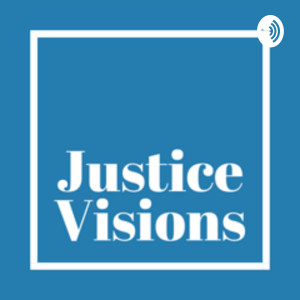You will not be charged before the end of your trial period which ends on the . No commitments. You can cancel at any time.
Your billing information will be submitted securely over HTTPS.
By processing the payment, you agree to immediately access the service and to waive any right of withdrawal. You may terminate your subscription at any time by going to "Settings" in your account. The termination will be applied at the end of the current subscription period.
Click below to open PayPal so you can sign in and continue the transaction.

